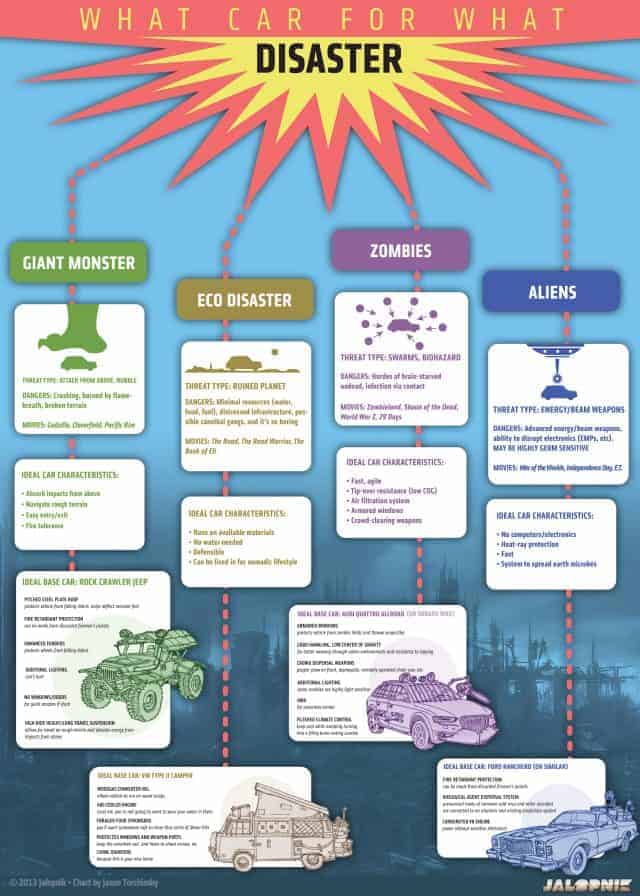Gain Understandings Into Ensuring The Performance And Toughness Of Your Heatpump System By Avoiding Prevalent Installation Errors
Gain Understandings Into Ensuring The Performance And Toughness Of Your Heatpump System By Avoiding Prevalent Installation Errors
Blog Article
Web Content Create By-Ware Wheeler
When installing a heat pump, you have to stay away from typical errors that might threaten its efficiency. Neglecting correct sizing might result in inefficiencies and greater utility prices. Disregarding insulation and securing might cause power wastage and stress on the system. In addition, positioning the outside system inaccurately might influence its performance. By avoiding these mistakes, you can make certain optimum operating and durability of your heatpump system.
Improper Sizing of Heatpump
When it concerns the setup of heatpump, among the most typical blunders is improperly sizing the device for your area. Making sure the ideal dimension is vital for ideal performance. If the heat pump is as well little, it will certainly battle to heat or cool your area effectively, leading to increased energy bills and potential deterioration on the system.
On the other hand, if the heat pump is also large, it will certainly cycle on and off regularly, creating temperature variations and minimizing its lifespan.
To avoid this blunder, it's essential to have a professional examine your area and advise the ideal size of the heatpump based on aspects like square video, insulation, ceiling height, and regional environment. By investing electrical repairs and maintenance christchurch and initiative to ensure the right sizing, you can enjoy a comfortable atmosphere while taking full advantage of energy performance and prolonging the life-span of your heat pump.
Inadequate Insulation and Sealing
To ensure the reliable operation of your heat pump, it's critical to resolve inadequate insulation and securing in your space. Proper insulation helps maintain a constant temperature inside your home, reducing the work on your heatpump. Poor insulation can result in energy loss, making your heatpump job harder and much less efficiently.
Securing any type of spaces or leaks in your space is equally crucial. These gaps permit conditioned air to leave and outside air to seep in, forcing your heatpump to compensate for the temperature level variations.
Wrong Placement of Outdoor Device
Attending to the positioning of your heatpump's exterior unit is key to optimizing its efficiency. Mounting the outdoor system in an incorrect area can lead to effectiveness issues and potential damage to the unit.
One common error to stay clear of is putting the outside device too near a wall or various other structures. This can limit airflow, creating the device to work harder to warmth or cool your area, inevitably minimizing its effectiveness and life expectancy.
One more mistake to avoid is positioning the outdoor system in direct sunshine. While some sunshine is unavoidable, excessive exposure can cause getting too hot, specifically during hot summer season days. It's best to place the outdoor system in a shaded location to aid keep its optimum operating temperature.
In addition, make sure that the outside device is positioned on a secure and level surface area. Uneven ground can create resonances and unneeded strain on the unit, influencing its performance in time.
Verdict
In conclusion, avoiding typical mistakes throughout heat pump installment is essential for making the most of efficiency and long life of your system. By making sure appropriate sizing, adequate insulation, securing, and appropriate placement of the exterior unit, you can protect against problems such as inefficiencies, raised power costs, and stress on the device. Making https://jalopnik.com/heres-how-a-425-000-mile-tesla-model-s-has-held-up-1848286496 to address these crucial aspects will inevitably conserve you money and time in the long run.
